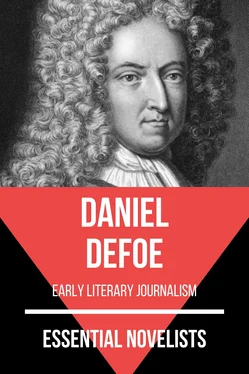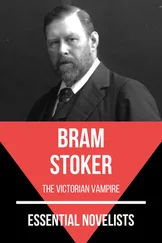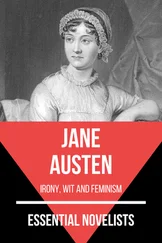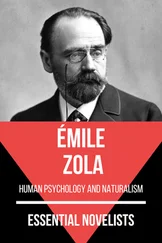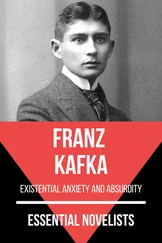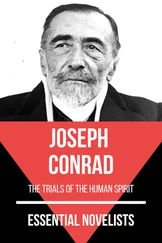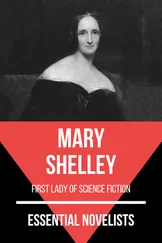Title Page
Author
A Journal of the Plague Year
The Life and Adventures of Robinson Crusoe Конец ознакомительного фрагмента. Текст предоставлен ООО «ЛитРес». Прочитайте эту книгу целиком, купив полную легальную версию на ЛитРес. Безопасно оплатить книгу можно банковской картой Visa, MasterCard, Maestro, со счета мобильного телефона, с платежного терминала, в салоне МТС или Связной, через PayPal, WebMoney, Яндекс.Деньги, QIWI Кошелек, бонусными картами или другим удобным Вам способом.
About the Publisher Конец ознакомительного фрагмента. Текст предоставлен ООО «ЛитРес». Прочитайте эту книгу целиком, купив полную легальную версию на ЛитРес. Безопасно оплатить книгу можно банковской картой Visa, MasterCard, Maestro, со счета мобильного телефона, с платежного терминала, в салоне МТС или Связной, через PayPal, WebMoney, Яндекс.Деньги, QIWI Кошелек, бонусными картами или другим удобным Вам способом.

Daniel Defoe, (born 1660, London Eng.—died April 24, 1731, London), English novelist, pamphleteer, and journalist, author of Robinson Crusoe (1719–22) and Moll Flanders (1722).
Defoe’s father, James Foe, was a hard-working and fairly prosperous tallow chandler (perhaps also, later, a butcher), of Flemish descent. By his middle 30s, Daniel was calling himself “Defoe,” probably reviving a variant of what may have been the original family name. As a Nonconformist, or Dissenter, Foe could not send his son to the University of Oxford or to Cambridge; he sent him instead to the excellent academy at Newington Green kept by the Reverend Charles Morton. There Defoe received an education in many ways better, and certainly broader, than any he would have had at an English university. Morton was an admirable teacher, later becoming first vice president of Harvard College; and the clarity, simplicity, and ease of his style of writing—together with the Bible, the works of John Bunyan, and the pulpit oratory of the day—may have helped to form Defoe’s own literary style.
Although intended for the Presbyterian ministry, Defoe decided against this and by 1683 had set up as a merchant. He called trade his “beloved subject,” and it was one of the abiding interests of his life. He dealt in many commodities, traveled widely at home and abroad, and became an acute and intelligent economic theorist, in many respects ahead of his time; but misfortune, in one form or another, dogged him continually. He wrote of himself:
No man has tasted differing fortunes more,
And thirteen times I have been rich and poor.
It was true enough. In 1692, after prospering for a while, Defoe went bankrupt for £17,000. Opinions differ as to the cause of his collapse: on his own admission, Defoe was apt to indulge in rash speculations and projects; he may not always have been completely scrupulous, and he later characterized himself as one of those tradesmen who had “done things which their own principles condemned, which they are not ashamed to blush for.” But undoubtedly the main reason for his bankruptcy was the loss that he sustained in insuring ships during the war with France—he was one of 19 “merchants insurers” ruined in 1692. In this matter Defoe may have been incautious, but he was not dishonourable, and he dealt fairly with his creditors (some of whom pursued him savagely), paying off all but £5,000 within 10 years. He suffered further severe losses in 1703, when his prosperous brick-and-tile works near Tilbury failed during his imprisonment for political offenses, and he did not actively engage in trade after this time.
Soon after setting up in business, in 1684, Defoe married Mary Tuffley, the daughter of a well-to-do Dissenting merchant. Not much is known about her, and he mentions her little in his writings, but she seems to have been a loyal, capable, and devoted wife. She bore eight children, of whom six lived to maturity, and when Defoe died the couple had been married for 47 years.
A man of many talents and author of an extraordinary range and number of works, Defoe remains in many ways an enigmatic figure. A man who made many enemies, he has been accused of double-dealing, of dishonest or equivocal conduct, of venality. Certainly in politics he served in turn both Tory and Whig; he acted as a secret agent for the Tories and later served the Whigs by “infiltrating” extremist Tory journals and toning them down. But Defoe always claimed that the end justified the means, and a more sympathetic view may see him as what he always professed to be, an unswerving champion of moderation. At the age of 59 Defoe embarked on what was virtually a new career, producing in Robinson Crusoe the first of a remarkable series of novels and other fictional writings that resulted in his being called the father of the English novel.
Defoe’s last years were clouded by legal controversies over allegedly unpaid bonds dating back a generation, and it is thought that he died in hiding from his creditors. His character Moll Flanders, born in Newgate Prison, speaks of poverty as “a frightful spectre,” and it is a theme of many of his books.

A Journal of the Plague Year

being observations or memorials
of the most remarkable occurrences,
as well public as private, which happened in
London during the last great visitation in 1665.
Written by a Citizen who continued
all the while in London.
Never made public before
––––––––

It was about the beginning of September, 1664, that I, among the rest of my neighbours, heard in ordinary discourse that the plague was returned again in Holland; for it had been very violent there, and particularly at Amsterdam and Rotterdam, in the year 1663, whither, they say, it was brought, some said from Italy, others from the Levant, among some goods which were brought home by their Turkey fleet; others said it was brought from Candia; others from Cyprus. It mattered not from whence it came; but all agreed it was come into Holland again.
We had no such thing as printed newspapers in those days to spread rumours and reports of things, and to improve them by the invention of men, as I have lived to see practised since. But such things as these were gathered from the letters of merchants and others who corresponded abroad, and from them was handed about by word of mouth only; so that things did not spread instantly over the whole nation, as they do now.
Читать дальше
